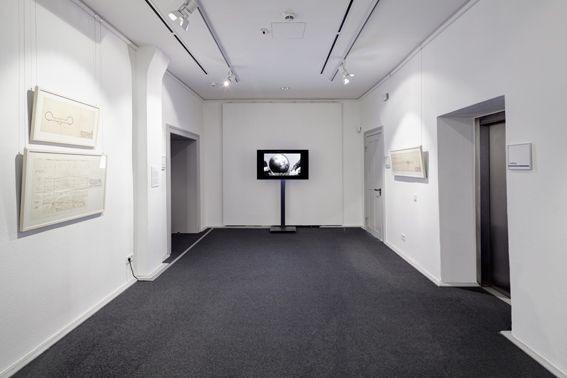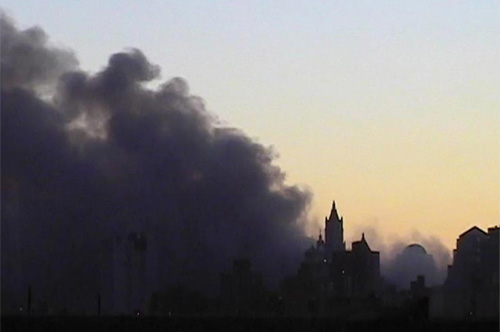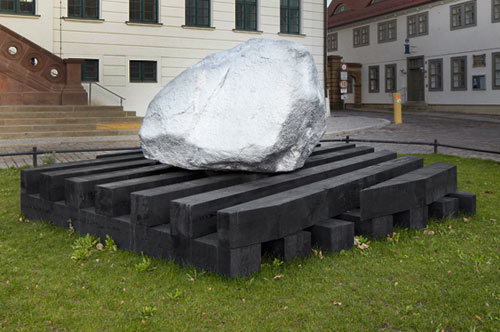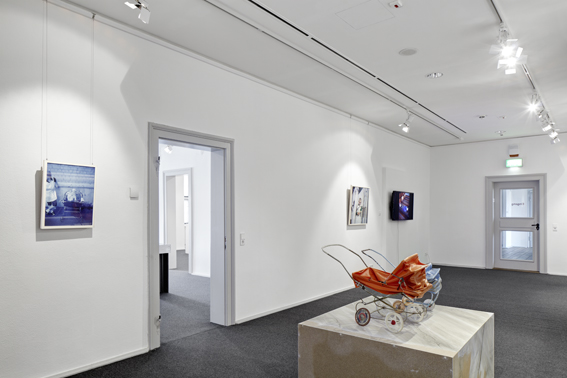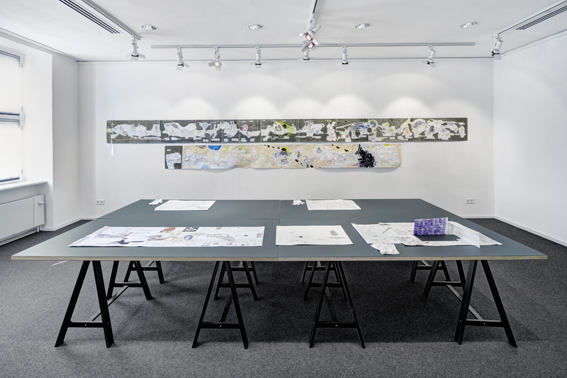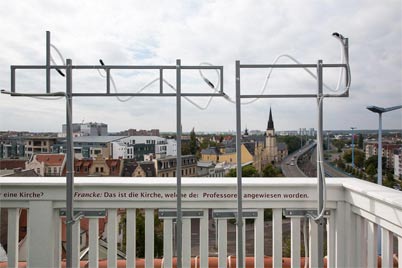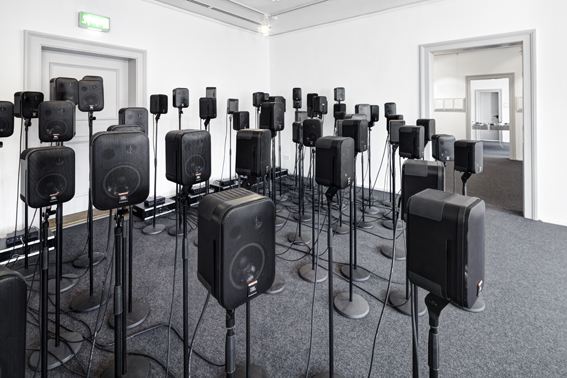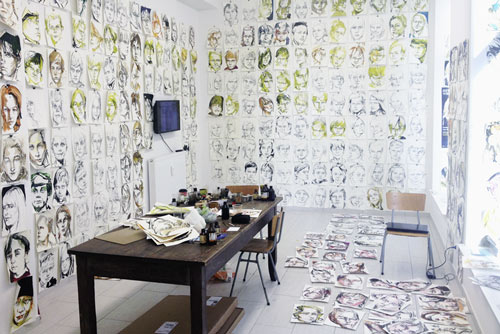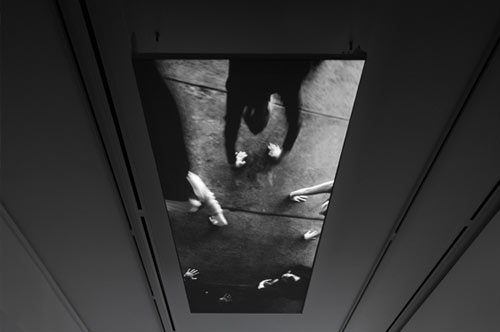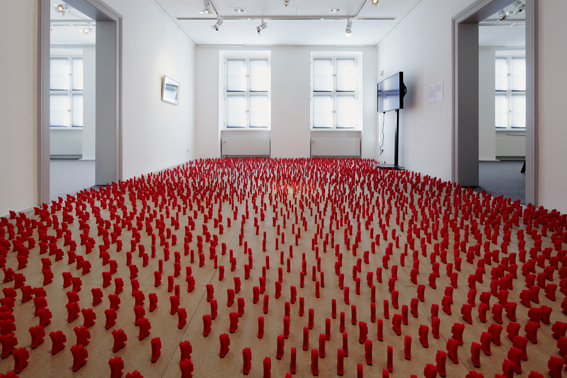- Artists
- Adela Babanova
- William Basinski
- Marc Bijl
- Sergey Bratkov
- Esther Ernst
- Christian Jankowski
- Via Lewandowsky
- Gabriel Machemer
- Christian Niccoli
- Serkan Özkaya
- el Seed
- Interviews
- Sibylle Anderl
- Manfred von Hellermann
- Jochen Hörisch
- Karin Kneissl
- Helmut Obst
- Philipp Oswalt
- Günther Reimann
- Jorinde Voigt
- About
- Introduction
- Forward
- Greeting

